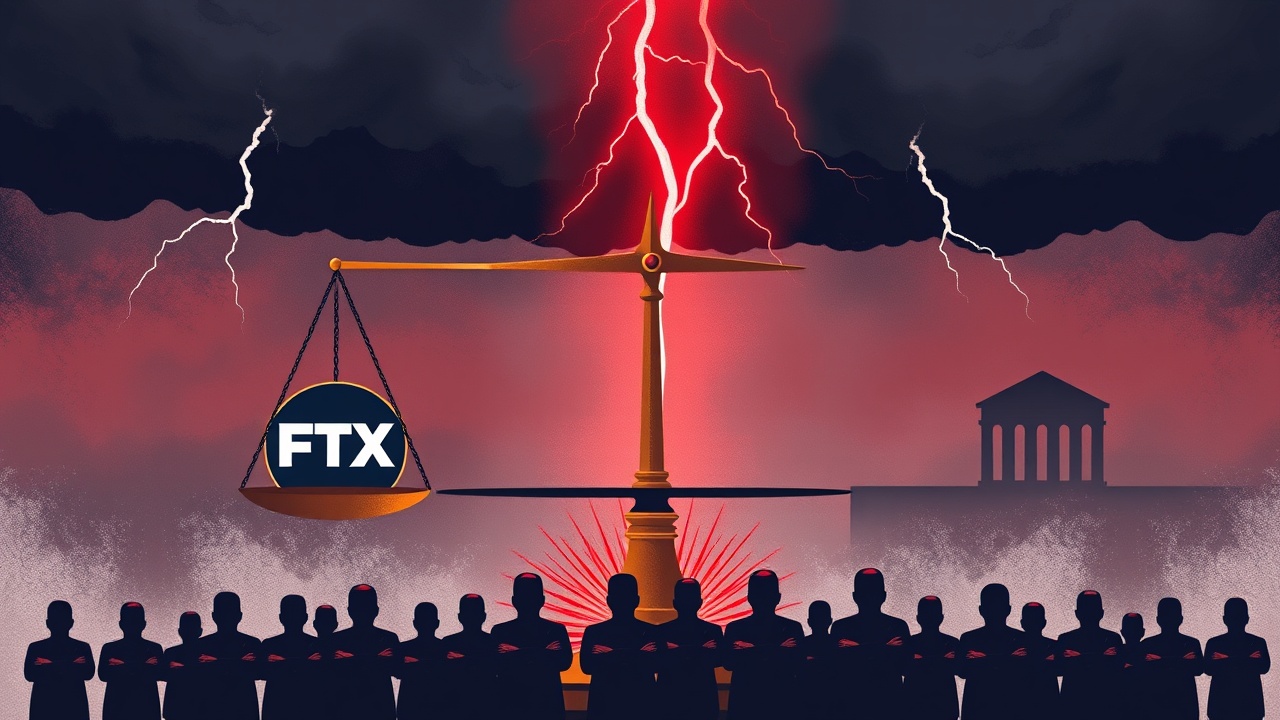Customers Revise Lawsuit Against Fenwick & West
Customers impacted by the downfall of the cryptocurrency exchange FTX are seeking to revise their lawsuit against Fenwick & West, a law firm previously engaged by the company. The updated claim indicates that Fenwick may have played a significant role in the circumstances leading to FTX’s collapse.
Allegations of Fraudulent Activities
In their court filing submitted on Monday, the customers pointed to evidence brought forth during the criminal trial of Sam Bankman-Fried, former CEO of FTX, as well as ongoing bankruptcy proceedings. They assert that the law firm was integral to the fraudulent activities that transpired. The plaintiffs argued that the FTX fraud could not have been executed without Fenwick’s so-called “substantial assistance” in structuring the operations that facilitated various malpractices.
They described Fenwick’s involvement in organizing and managing companies with clear conflicts of interest, such as Alameda Research, FTX’s affiliate, and North Dimension, which allegedly lacked adequate protective measures preventing the massive financial misappropriations that occurred.
Background of Legal Troubles
The legal troubles surrounding FTX came to light after it was revealed that the fraud was one of the largest in U.S. history. The revised lawsuit is part of an extensive class-action case by FTX customers following the company’s dramatic fall in late 2022, targeting not only the exchange but also prominent individuals and entities associated with it.
In previous litigation, Fenwick has denied accusations and sought the dismissal of similar claims made in August 2023 but had no immediate response to inquiries from Cointelegraph concerning the new allegations.
Insights from Criminal Trial
The court filing emphasizes the insights gained from Bankman-Fried’s criminal trial, where testimonies from key figures, including co-founder Gary Wang, former Alameda CEO Caroline Ellison, and ex-engineering director Nishad Singh, provided new evidence of Fenwick’s role. According to the updated claims, Singh testified that he notified Fenwick of the misuse of customer funds and fraudulent loans, and instead of addressing these issues, Fenwick advised on how to disguise these actions.
Moreover, an independent examiner appointed during the bankruptcy process reportedly analyzed over 200,000 internal documents and concluded that Fenwick was significantly involved in nearly all facets of FTX’s misconduct. The report allegedly highlighted Fenwick’s close ties with FTX leadership and its facilitation of transactions that misappropriated customer funds.
New Claims and Securities Violations
Claims made against Fenwick indicate that the firm aided in creating shell companies to obscure financial transactions and was instrumental in implementing practices meant to conceal communication among FTX executives via encrypted platforms like Signal. Such adaptations have led to allegations of interference with regulatory investigations.
Additionally, Fenwick now faces two new claims from the customers, alleging violations of securities laws in both California and Florida concerning the exchange’s cryptocurrency, FTX Token. The plaintiffs asserted that Fenwick actively participated in the design, promotion, and facilitation of the sale of various unregistered securities tied to FTX’s operations.
Fenwick’s Defense
Fenwick, during its legal proceedings, has maintained that it should not be held liable for its actions as long as they were executed within the parameters of their professional engagement with FTX. Previously, the plaintiffs had also pursued claims against Sullivan & Cromwell, another law firm engaged by FTX, but those allegations were dropped due to insufficient evidence.




